Kocham: Cost-based incentives
The Vietnamese government is offering many attractive tax incentives to attract foreign investment. However, when the global minimum tax is implemented, these tax incentives will no longer be attractive. In other words, this policy will neutralize the effectiveness of tax incentives.
Therefore, the representative of the Korean Business Association in Vietnam (Kocham) recommended: Vietnam needs to improve the investment environment and protect its tax rights, this is very urgent.

Some solutions proposed by Kocham representatives are incentives based on investment costs that are suitable for the current situation in Vietnam. The strength of this policy will prevent transfer pricing and profit transfer, help encourage real investment in Vietnam, and help businesses come up with long-term investment plans in Vietnam. The form of incentives based on investment costs is being applied by many countries. Vietnam participating in the international common playground should apply the common rules of the game.
EuroCham: More direct incentives needed
Regarding tax, to overcome the impact of the upcoming global minimum tax (GMT), the European Chamber of Commerce in Vietnam (EuroCham) proposed investment incentives, including import tax exemptions, extended land tax exemptions, and cost-based incentives, especially research and development costs.
Currently, corporate income tax (CIT) incentives are mainly in the form of incentives on income, meaning that only when businesses make a profit and have taxable income can they enjoy the benefits of tax incentives. Meanwhile, direct incentives on costs are not popular according to regulations in Vietnam.
Businesses often do not make a profit in the first years of operation due to large fixed costs incurred for investment projects in infrastructure, technology, and research and development.
Accordingly, these enterprises will need more direct forms of incentives, such as cost support incentives, such as cost support for investments in infrastructure, scientific research, technology development, or technology transfer, to encourage enterprises to carry out more investment, research and development, and technology transfer activities in Vietnam.
EuroCham recommends considering additional cost incentives (e.g. cost support for investments in infrastructure, scientific research, technology development, or technology transfer) to encourage projects in selective priority areas. For example, projects with large investment capital, large investment in facilities (factories, machinery, etc.); projects that incur large investment costs in technology, large research and development, such as high-tech fields, research and development projects, production of electric vehicles.

Samsung Vietnam Representative: Need to ensure Vietnam's tax rights
Vietnam needs to develop support mechanisms to supplement the reduced incentives for FDI enterprises when applying the global minimum tax. However, the implementation plan for these cash supports will be developed with applicable standards depending on the characteristics of each type of enterprise.
Second, it should be emphasized that in order to obtain financial resources for cash support, it is necessary to ensure taxing rights by applying the mechanism of Internalization of Global Minimum Tax Rules (QDMTT).
The Organization for Economic Cooperation and Development (OECD) has published a report recommending that recipient countries adopt a QDMTT mechanism to retain the right to tax the additional tax.
In addition, OECD also provides calculation formulas such as effective tax rates, additional taxes... so that countries receiving investment can easily apply them, avoiding double taxation, especially when Vietnam operates under the international tax system, which will contribute to improving the transparency and reliability of Vietnam's tax system.
Not only that, currently economies such as Singapore, Hong Kong (China), Malaysia... are also preparing to apply QDMTT, so we think that Vietnam should also apply it.
Deputy Director General of General Department of Taxation Dang Ngoc Minh: Expected to raise minimum tax to 15%
In the BEPS program, especially Pillar 2, Vietnam closely monitors the movements of countries around the world and has specific reports and recommendations to the Government. The Government's Pillar 2 Working Group, with the participation of ministries and the business community, has issued operating regulations. The Ministry of Finance also drafts short-term and long-term measures and solutions to respond to and take advantage of opportunities from global tax policy reforms.
Regarding tax policy solutions, we initially plan to introduce a minimum tax rate of 15% for businesses and corporations subject to the minimum tax framework of the OECD. Next, we will issue regulations and rules on tax deduction at source in Vietnam.
In the medium term, it is recommended to amend tax incentives to protect domestic revenue sources; issue a minimum tax of 15%; issue tax incentives to support investment costs and labor training; support green growth and environmental protection.
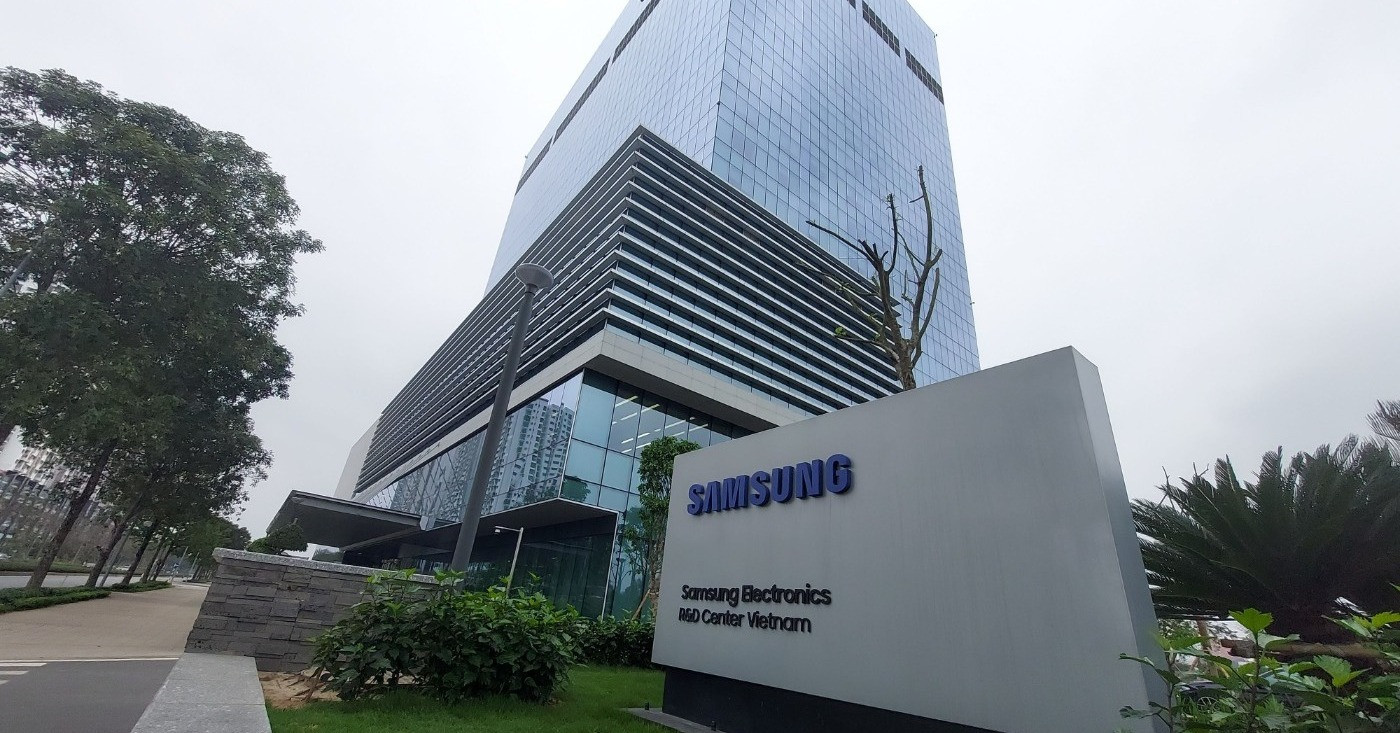

Source


































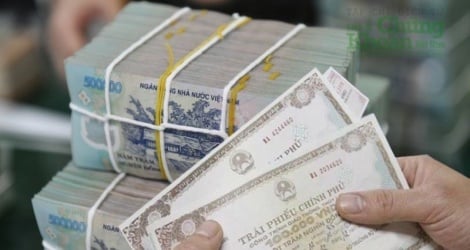
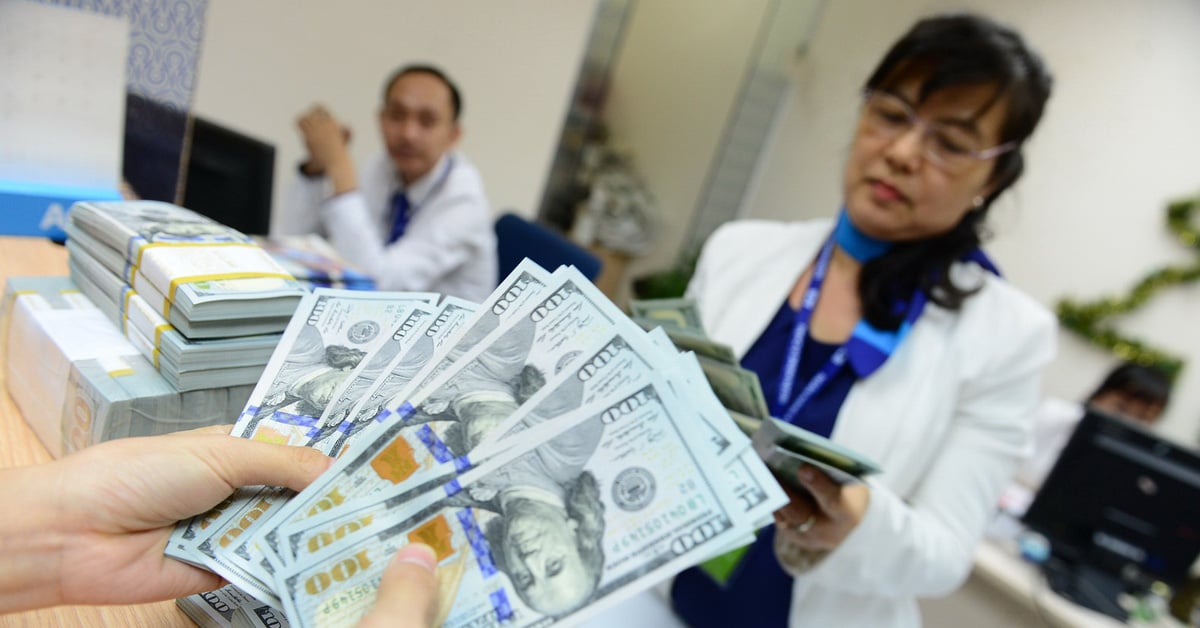

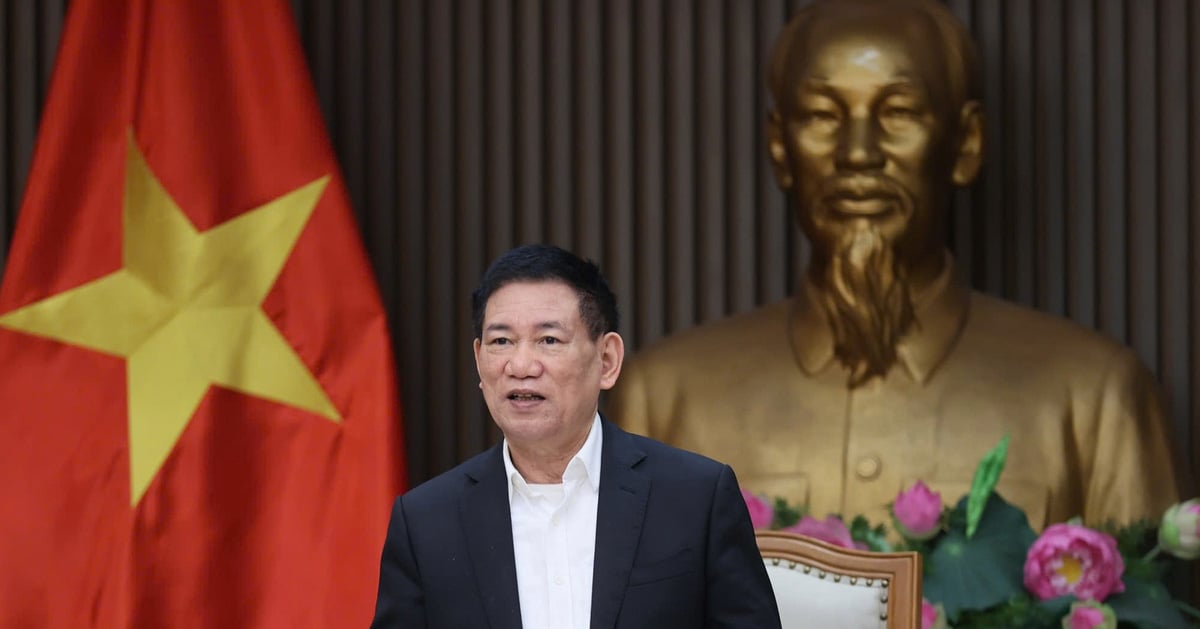
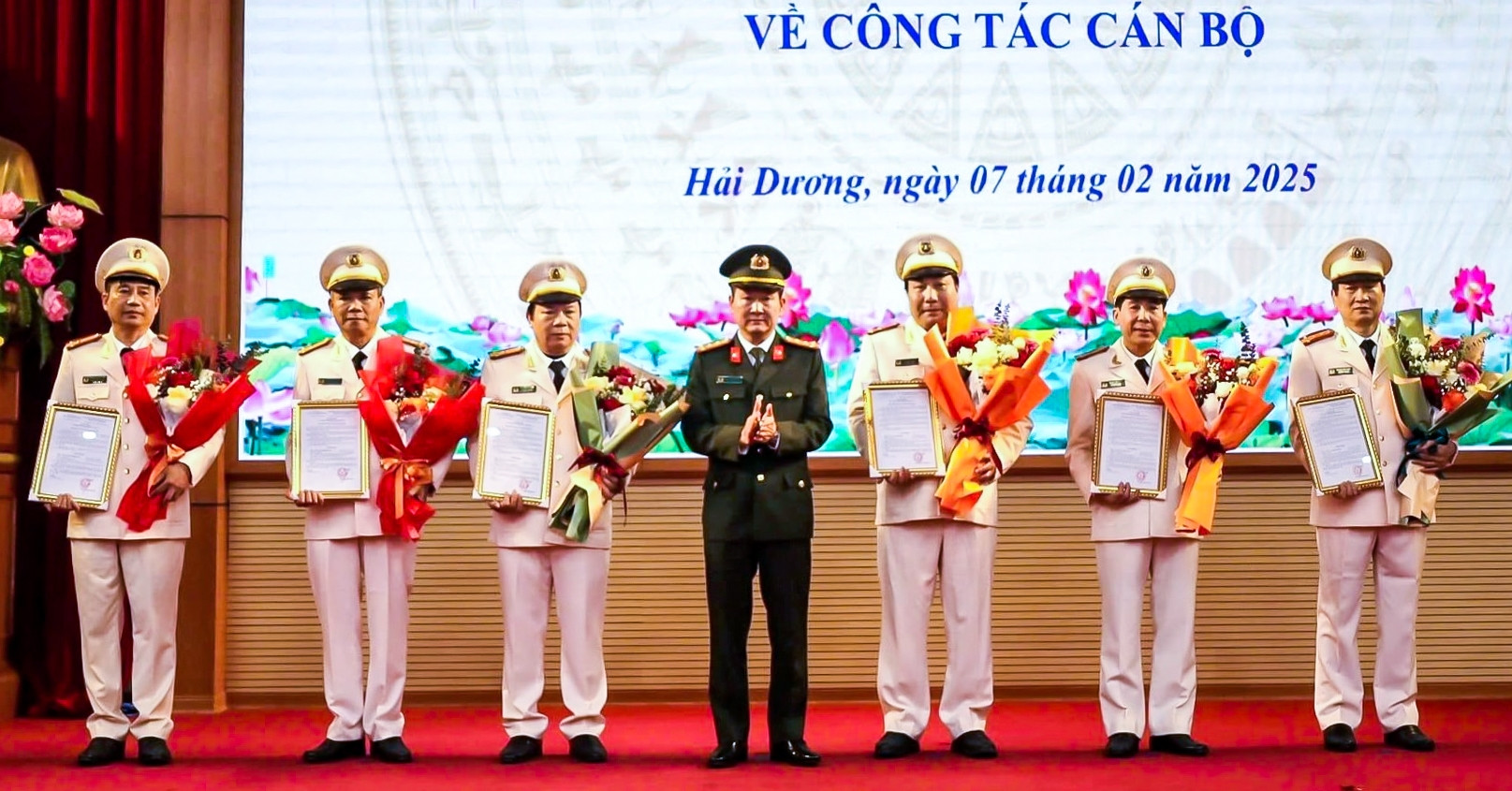



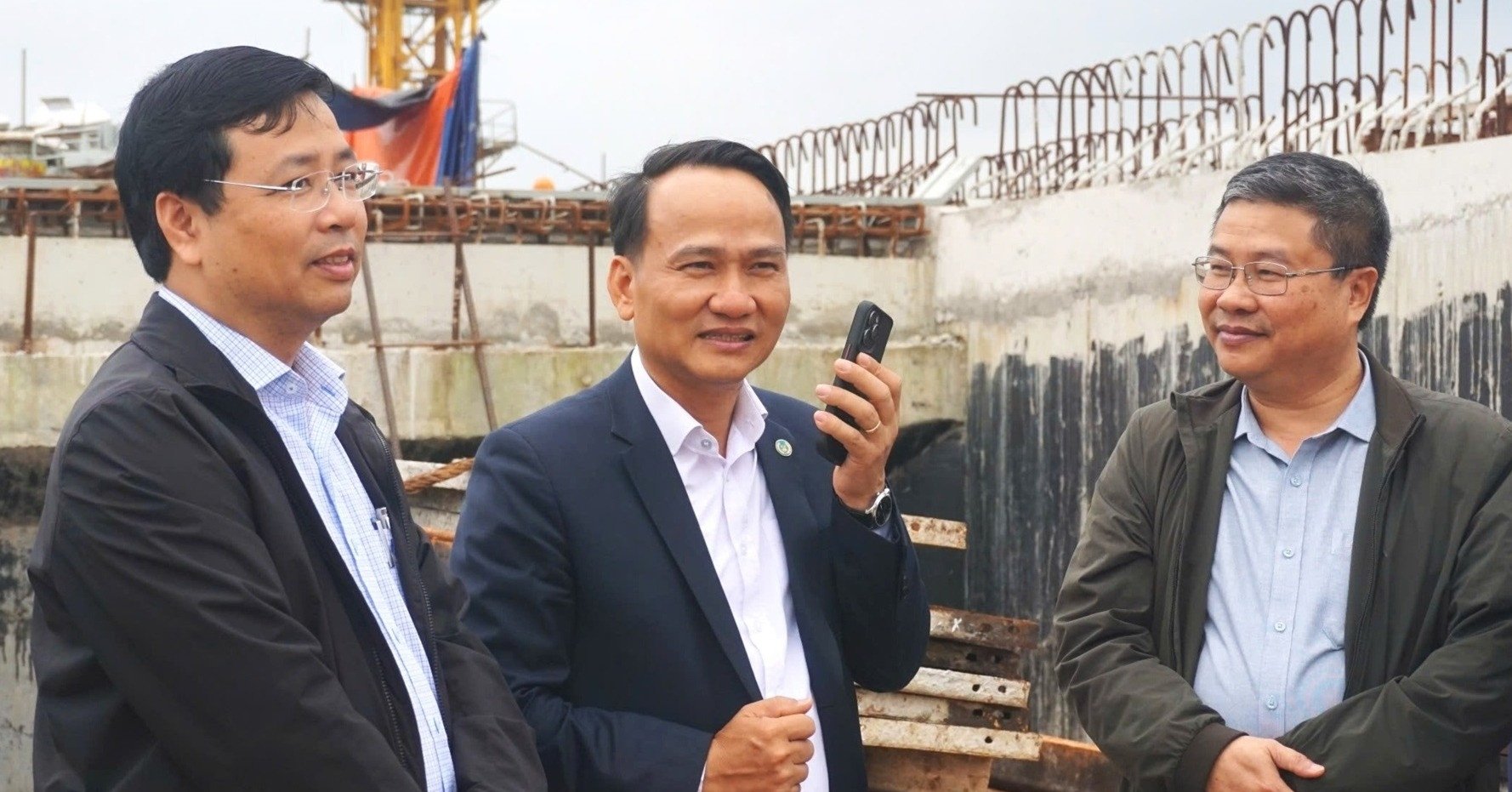

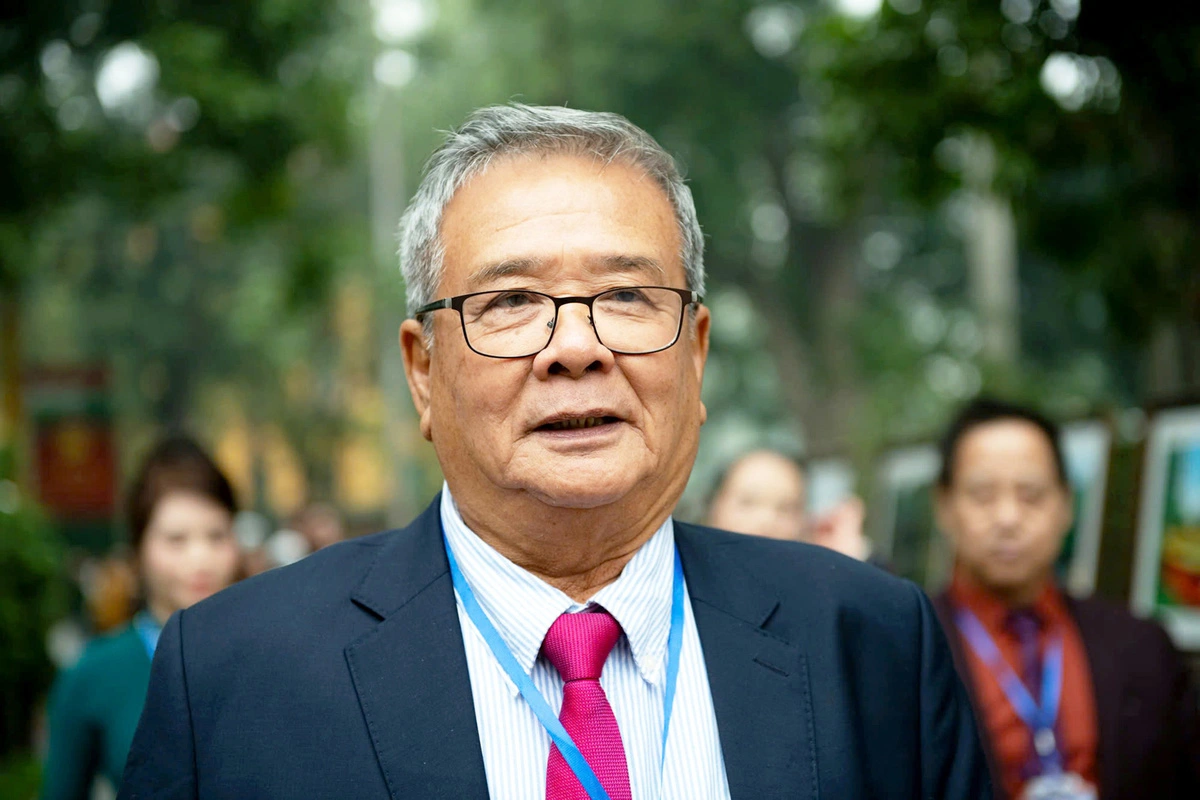




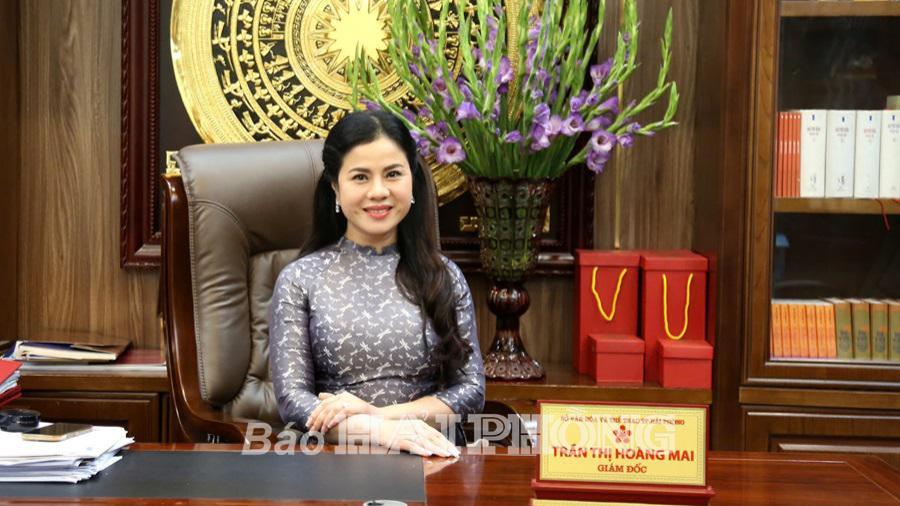







Comment (0)